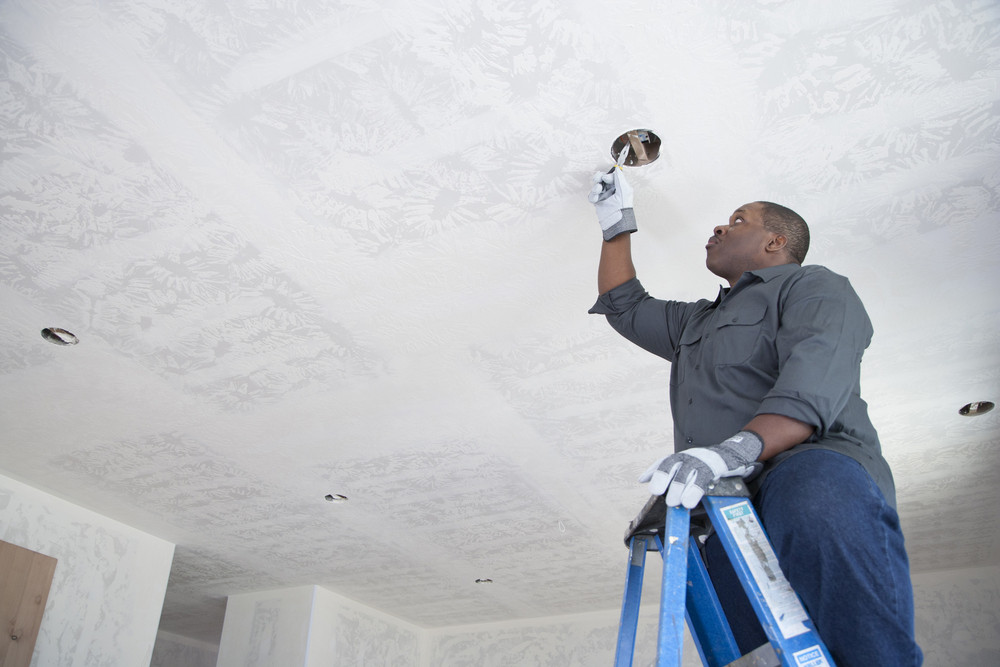Retirement should be a time of relaxation and enjoyment, often achieved by downsizing to a simpler, more affordable home. But beware: some homes aren’t suitable for downsizing and can incur unexpected financial (and even physical) costs.
Experts point out seven specific homes to avoid when downsizing for retirement.
Big Retirement Homes
A common misstep for retirees is opting for homes that are too large. Holding onto a large family home can be sentimental, but the expenses of maintaining and heating/cooling such a property can rapidly deplete retirement savings.
Steer clear of the temptation to buy a large home, even if it seems financially attractive.
Smaller is Smarter
Terry LeBlanc, a real estate agent with Terry Alan Realty Group in the Dallas area, points out, “A larger home can mean higher property taxes, increased utility bills, and more maintenance. Assess your actual space needs and opt for a smaller, more efficient layout.”
Efficient Home Sizing
High-maintenance homes with large gardens, extensive landscapes, or complex outdoor designs can be unexpectedly labor-intensive and costly. A beautiful, lush garden may be enticing, but it can turn into a financial sinkhole in retirement.
Balancing Beauty and Maintenance
“Extensive landscaping and large yards can be beautiful but also time-consuming and costly to maintain,” LeBlanc noted. “Opt for properties with smaller, low-maintenance yards or consider communities with landscaping services included.”
High-Tax Retirement Homes
Retirees aiming to save should watch out for homes in high-tax areas. Real estate agents often advise against homes in places with steep taxes due to the significant impact on monthly expenses.
Property tax rates can differ significantly, so thorough research is key before relocating.
Smart Tax Choices
Zev Freidus, a Boca Raton, Florida realtor and founder of ZFC, advises, “Homes in higher-tax areas can be far more expensive than similar homes in other locations. Be sure to check out tax rates before signing a contract. I recommend researching local tax rates online or contacting the county assessor’s office for more information.”
Retirement Savings Drain
While homeowners’ association (HOA) fees can offer valuable services and amenities, they can be an unforeseen expense for retirees. High HOA fees can rapidly diminish retirement savings, particularly if the amenities are not fully utilized.
Avoid HOA Surprises in Retirement
Brittany Zalkin, a real estate agent with MZB Properties, suggests, “When looking at a specific community, the first two questions I ask on behalf of my clients are: ‘Are there going to be any assessments coming in the near future and are there any plans to increase HOA fees in the next five years?’
Financial Shocks in 55-Plus Homes
Zalkin continues, “In many 55-plus communities, you can have large assessments for upgrades such as new clubhouses, landscaping, or any other capital improvements the HOA may be looking at. These assessments can be very big and, if the question isn’t asked up front, it can be a very unwelcome surprise after a client has moved in.”
Charming Historic Homes
Old Historic homes may have their charm, but real estate experts often advise retirees to opt for homes that are ready to move into or need minimal updates. This approach saves both time and money.
Costly Home Updates
Terry LeBlanc warns, “While fixer-uppers can offer cost savings initially, extensive renovations can quickly add up. Beware of homes requiring costly repairs or updates that may outweigh any initial savings.”
Avoid Stairs in Retirement Homes
Future mobility should be a key consideration when picking your house. You want to avoid homes with multiple levels and opt for properties with essential living areas on the first floor, which are ideal for retirees.
Go for Single-Level Living
Zev Freidus recommends, “I would advise retirees to avoid multi-story homes and stairs. Those can prove difficult and dangerous for aging bodies, so seek out single-story housing that meets your needs. Instead, prefer one-story homes or those with an elevator.”
Rural Tranquility vs. Accessibility
The tranquility of rural living appeals to some, but isolation can be a drawback for retirees. Close access to services and amenities becomes more critical with age.
Real estate agents often recommend balancing peaceful settings and accessibility to essential services for a better retirement lifestyle.






